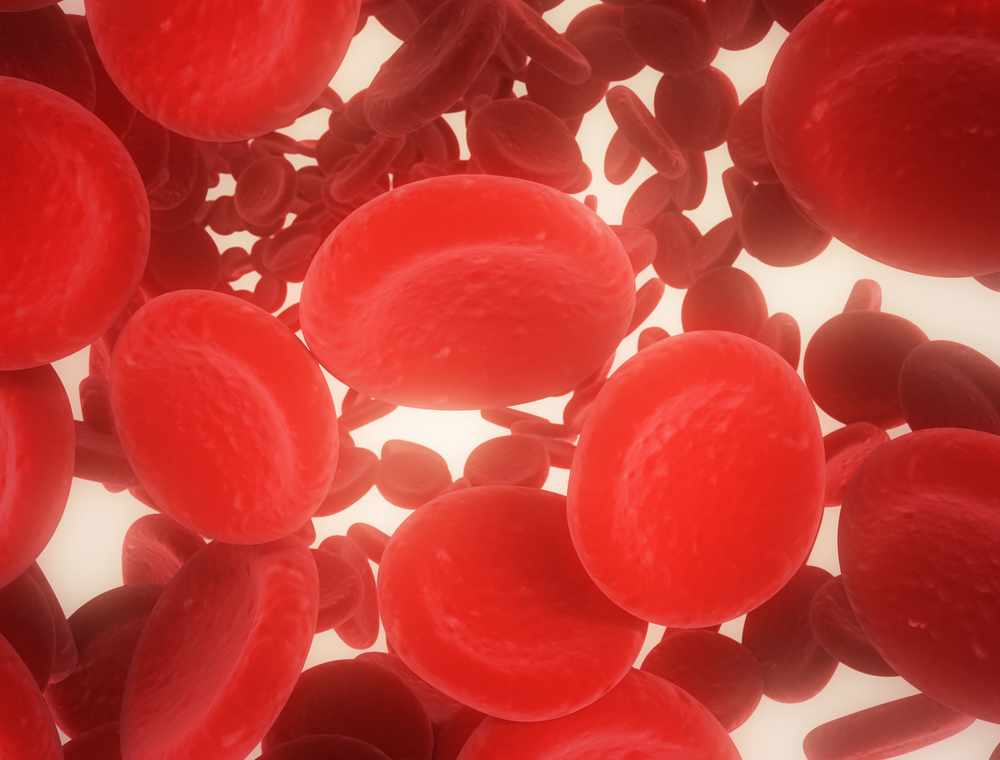-
Cord Blood Banking: Frequently Asked Questions
 Blood from a newborn’s umbilical cord was once considered a waste product, but it actually contains potentially life-saving cells. But how do you know if cord blood banking is right for you? Seanna Thompson, M.D., Mayo Clinic Health System OB/GYN physician, answers some common questions about cord blood banking and what options are available to you.
Blood from a newborn’s umbilical cord was once considered a waste product, but it actually contains potentially life-saving cells. But how do you know if cord blood banking is right for you? Seanna Thompson, M.D., Mayo Clinic Health System OB/GYN physician, answers some common questions about cord blood banking and what options are available to you.
What is cord blood?
Cord blood is the remaining blood that was part of the umbilical cord after birth. It contains cells called stem cells that can be used to treat an estimated 70 different diseases, including some cancers, blood disorders and inherited disorders of the immune system. Examples include lymphoma, leukemia, thalassemia (an inherited blood disorder), sickle cell anemia, neuroblastoma and retinoblastoma.
How is cord blood collected?
Cord blood is collected by your health care provider at the time of delivery. The process used to collect the blood is simple and painless. After the baby is born, the umbilical cord is clamped. Blood is drained from the cord with a needle and bag attached. After the bag is sealed, the placenta is delivered. The process takes about 10 minutes.
How is cord blood stored?
Public and private cord blood banks provide options for storing the cord blood.
How do private cord blood banks operate?
Private cord blood banks store cord blood for a fee for potential future use by the same child or a family member if a disease develops later in life.
How do public cord blood banks operate?
Public cord blood banks operate like blood banks. Cord blood is collected for later use for anyone who needs it. The stem cells in the donated cord blood can be used by any person who matches. Public banks do not charge to collect cord blood.
Are there any limitations?
It’s important to know that private cord blood banking is not covered by insurance. It is also unknown how long cord blood can be successfully stored. Although the probability of needing cord blood is remote, research is ongoing to fully understand the potential uses for this resource.
"If you are considering cord blood banking, consult your health care provider. He or she can help guide you to make an informed decision," says Dr. Thompson.







